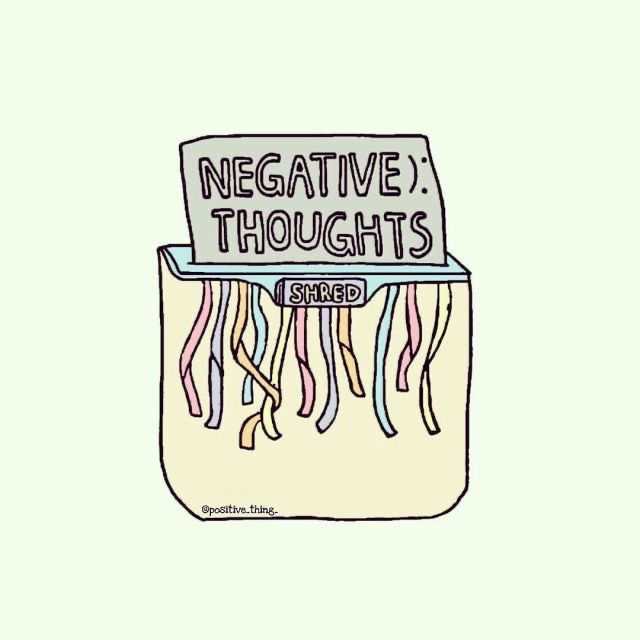Physical Health Pandemic vs Mental Health Epidemic: is our mental health being forgotten?
- Abi

- Apr 20, 2020
- 4 min read
Updated: Apr 22, 2020
Prior to the outbreak of COVID-19 in the UK, it felt like we had finally reached a point wherein the mental health of society was seen in equal importance to our physical health.
For so long we have been striving to achieve this pivotal balance in which mental and physical health are seen in conjunction, inextricably intertwined. There is in fact, a principle set out in law by the Health and Social Care Act called "parity of esteem", dictating that mental health must be given equal priority to physical health.
In recent weeks I have been led to wonder whether all of this has been forgotten. Has all the progress we have made in educating ourselves about mental health and in providing the necessary support been for nothing? Or were we never there?

The Government's decisions during the COVID-19 outbreak are driven by the 'interests of public health'. With this in mind, what are the goals of the lockdown rules? To save lives? If so, what about those mentally vulnerable and suicidal? Exceptions have been made to those who are at risk of domestic abuse, but what about those who have a war in their minds, who are battling with themselves? Can more be done to support those individuals?
One of the lockdown exceptions of leaving the house is for "any medical need, including to donate blood, avoid or escape risk of injury or harm, or to provide care or to help a vulnerable person", but this is vague and as a result people are afraid to seek the help they require and deserve. Doctors and nurses have already expressed concerns at their empty surgeries and A&E departments, showing the fear that is preventing people from getting even physical support. So what does this say about people getting support for their mental health, where there is often heavy stigma and shame attached? More than ever people are at risk of suffering in silence and in isolation.
Moreover, it's not unknown that poor physical health increases poor mental health, and poor mental health increases poor physical health. Isolation has a physical effect on the brain's neurology - levels of depression and anxiety increase when we are cut off from our loved ones, making physical recovery slower.

As Professor Ed Bullmore, head of the department of psychiatry at the University of Cambridge, says,
“When we are thinking about this as a health crisis we need to keep thinking about mental and physical health together and not apart.”
There are three categories of people to consider during this pandemic:
1. Those who have pre-existing mental health conditions that will now be exacerbated.
2. Those who have recovered from mental health conditions, or learnt how to effectively cope with them, who may now regress and have their progress jeopardised.
3. Those without previous mental health issues, who develop them due to the impacts of the coronavirus pandemic - particularly for those working on the frontline in medical services.
The Local Government Association and the Association of Directors of Public Health have outlined the short, medium and long term mental health and wellbeing impacts on society:
Short term impacts:
• Anxiety caused by concerns about outbreak and possible illness.
• Loneliness caused by self isolation and social distancing.
• Stress caused by adjusting to new routines, financial and employment insecurity.
• Depression caused by lack of activity or exercise, loss of normal routine, increased caring role.
Medium term impacts:
• Post traumatic stress caused by impact of outbreak.
• Depression caused by loneliness and isolation.
• Increased risk of suicide and self harm.
• Relationship breakdown.
Long term impacts:
• Grief caused by bereavement.
• Reoccurrence of previous mental health problems.
For children and young people:
• Developmental and behavioural issues arising due to isolation or social distancing at key developmental milestones.
• Development of mental health disorders as a result of the stress.

Writer Andrew Solomon, highlights how,
"For people with depression and related conditions, the present moment is one of escalated distress. For this is a double crisis, of physical and mental health, and those living the psychiatric challenges need not only acknowledgment but also treatment. [...] The need for caution must also take into account the effect of isolation on mental health."
Although there are yet to be clear and effective actions taken by the government to support the mental health of society during this pandemic, such as wide-scale repurposing of psychiatric therapy and treatments, there is a wealth of resources available from platforms such as mental health charities and the NHS. Yet, I think one of the biggest changes we can make as a society in supporting those struggling with their mental health is to put an end to the public shaming and ignorance that is overflowing on social media and from people generally, upon seeing others leaving their homes, when they simply don't know the full story.
Consider this:

Whilst we may be able to identify what is 'essential' to us right now, on an individual basis, and be led by government guidelines, it is impossible to define what is essential to someone else, when everyone's story and situation is different. Here's to spreading kindness and hoarding empathy, instead.
Here is a list of useful resources and available support for anyone struggling right now:
NHS's mental health platform, Every Mind Matters
Text Shout to 85258 for free, 24/7 support or visit The Mental Health Fund for more information
Call the Samaritans on 116 123








Comments